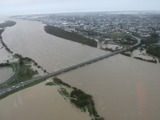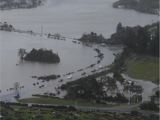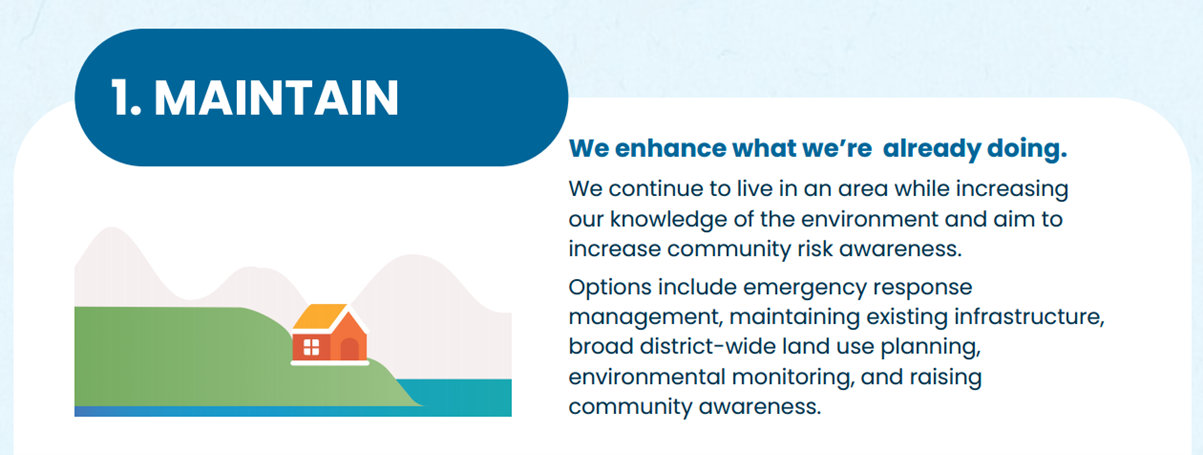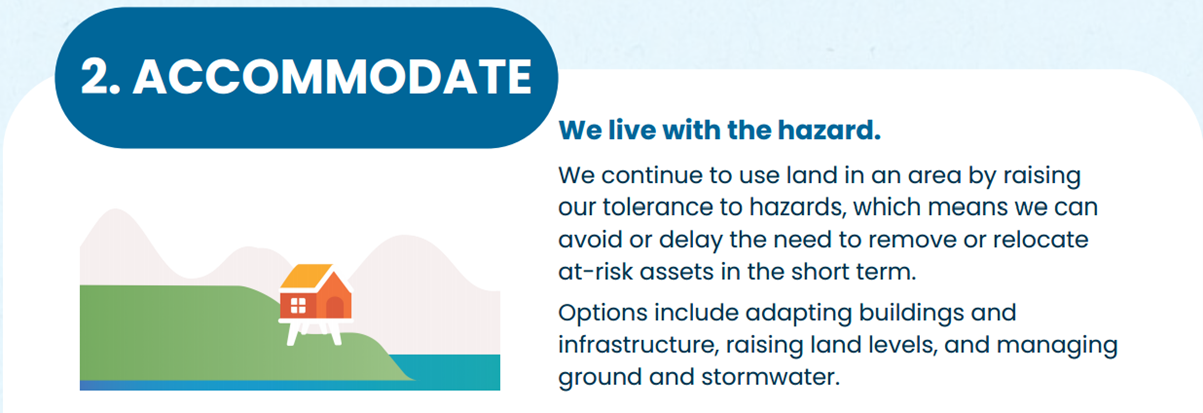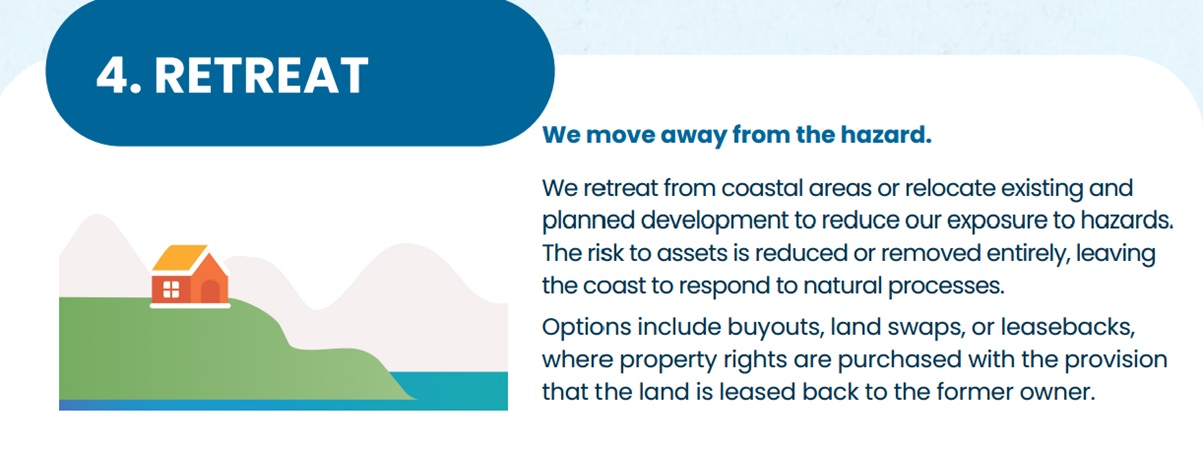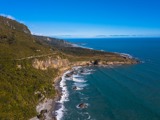Project background
Future Buller is a joint long-term project between the Buller District Council and the University of Canterbury to help Buller prepare for and adapt to climate change.
This involves:
- Understanding the likely changes and impacts climate risk will have on the region (the risk assessment).
- Working with communities to consider how we can adapt over the upcoming decades (the adaptation plans).
We need your input into this planning to make sure recommended decisions reflect the community’s needs and values.
Please visit future.bullerdc.govt.nz to add your thoughts and to see what is happening.
What we are doing now
We are compiling the existing scientific information and modelling for the district to highlight areas and communities at risk now and into the long term future. We are creating an interactive risk viewer to enable all decision makers to see the most up to date risk information. We are also creating a full technical risk assessment report, alongside summary information for communities.
We are collecting information about what is valued across the district. What are the communities’ priorities for adaptation?
We are reviewing the previous community engagement approaches and comments to inform the next stages and help us to reach the wider communities throughout Buller.
We are also reviewing all the National guidelines for climate change risk and adaptation to help ensure Buller is aligned with national policies and guidance.
Key 2024 project milestones
July 2024
Completion of technical risk assessment.
August - November 2024
Community engagement – understanding risk within the community.
November - December 2024
Adaptation pathway assessment.
What we have done
In line with government guidance, our first step was to complete a high-level risk screening. View the report here.
In 2023, we commenced engagement to raise awareness of the project and start to gather information about key values in the region. The initial findings will be available soon.
Key terms explained

